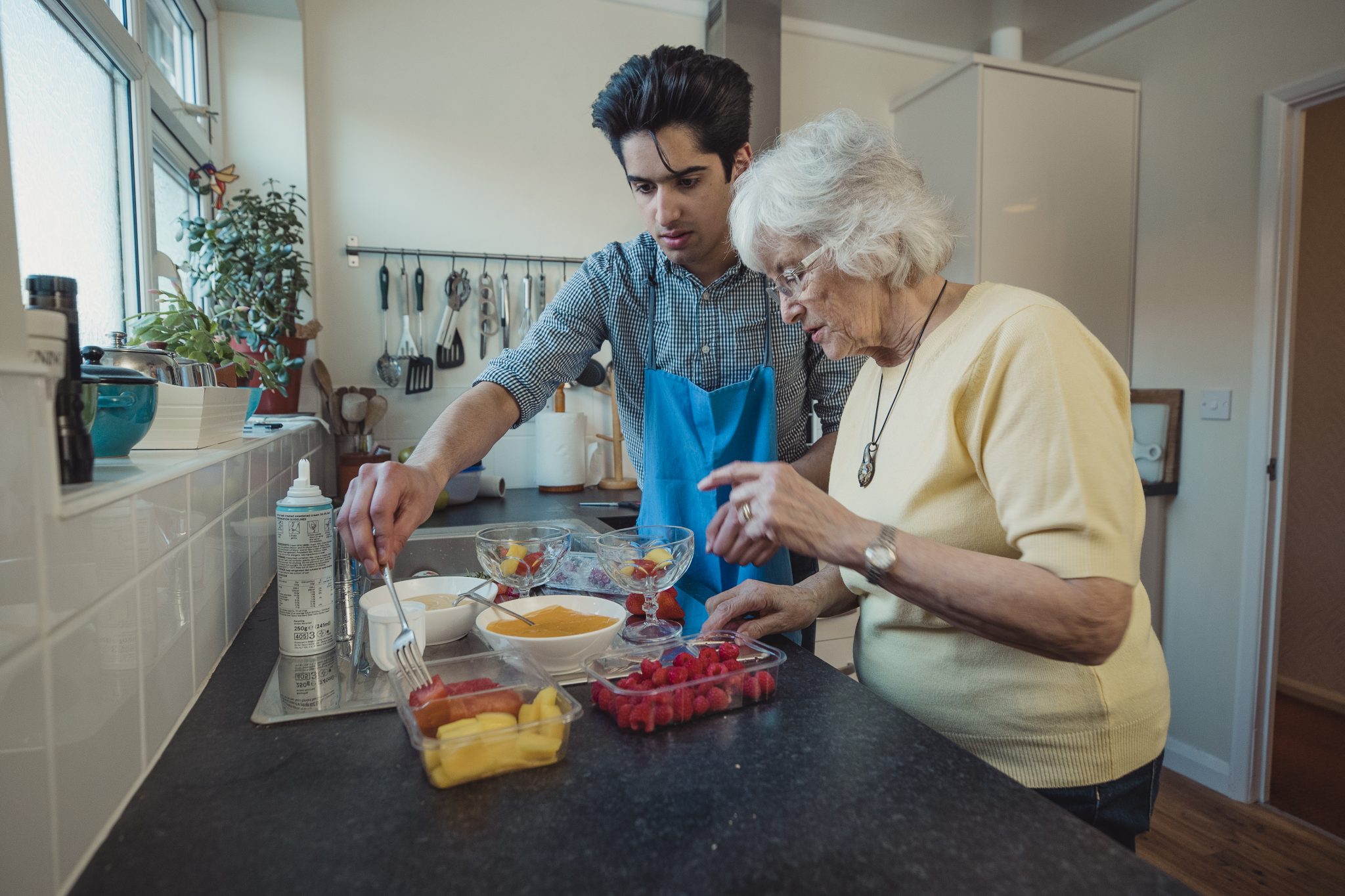Industry Snapshot
Community services is one of the largest industries in Tasmania, employing approximately 28,000 local workers around the state in roles ranging from education and care (childcare), home care and allied health workers, to strategic project managers and experienced CEOs. The workforce is support by 46,900 (formal) volunteers.
Tasmania’s community services industry belongs to the broader ‘care economy’ which “consists of all those services that provide care in one way or another to people of various ages and abilities.” Like no other industry, it seeks to improve participation among people who experience disadvantage. In doing so it delivers social benefits such as reducing poverty and inequality, as well as economic benefits including increasing productivity, lowering costs and growing the economy.
Made up of paid workers and volunteers, the industry provides services to priority population groups such members of the Tasmanian Aboriginal community, migrants, young people and older Tasmanians.
Tasmania has the largest proportion of community services industry workers in Australia. It is one of the largest industries in Tasmania, employing more people than many higher-profile industries, including the building construction, accommodation, agriculture, forestry and fishing industries.
Women make up 82% of community services employees, a significantly larger proportion than their share of the Tasmanian workforce as a whole (47%).
Community services are part of the broader health care and social assistance industry and fall into the following categories:
- Aboriginal and Torres Strait Islander support;
- Aged care;
- Alcohol, tobacco and other drugs/addiction support;
- Child and youth wellbeing;
- Community development;
- Crisis and emergency support;
- Disability support;
- Domestic, family and sexual violence support;
- Education and care (childcare);
- Family and relationship support;
- Financial support;
- Health and wellbeing;
- Housing and homelessness support;
- Issue-based advocacy support;
- Legal support;
- LGBTIQA+ support;
- Mental health support;
- Multicultural support;
- Transport assistance; and
- Women’s/men’s specialist support.
The community services industry plays a crucial role at the individual and societal level. The industry ensures Tasmanians can access the support they need to live a good life and contributes to building community connectedness and resilience, as well as reducing inequality.
Each year community services organisations support thousands of Tasmanians impacted by poverty, homelessness, family violence, mental health challenges, disability and other complex issues. They also support many Tasmanians to participate in work, study, volunteering and to contribute in other ways to their communities.

